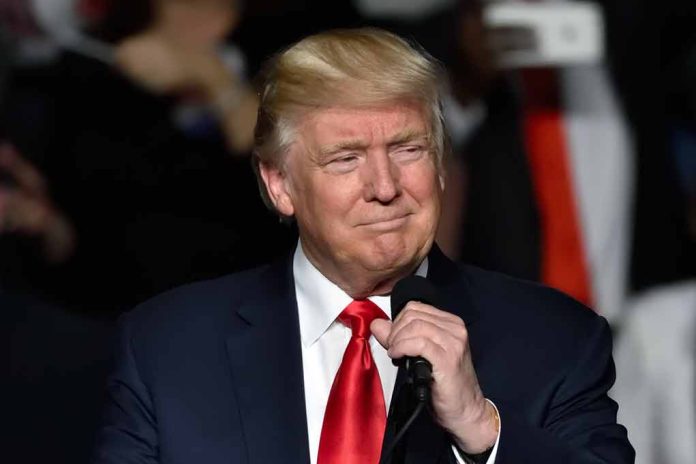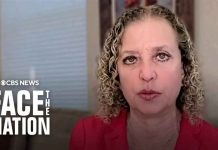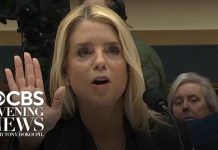
President Trump’s move to overturn restrictions on plastic straws contrasts previous environmental policies, emphasizing consumer freedom over ecological regulations.
Key Takeaways
- President Trump signed an executive order banning federal use of paper straws.
- The order reverses previous policies restricting plastic straws and aims to phase out paper straws within 45 days.
- This shift counters a Biden administration policy phasing out single-use plastics by 2027 and 2035.
- Environmental groups criticized the decision, citing concerns over plastic pollution.
- The plastic manufacturing industry supports the order as a positive adjustment.
Trump Reverses Straw Ban
President Donald Trump announced a new executive order banning the federal use of paper straws, advocating for the return to plastic straws. This order reverses federal purchasing policies that were directed under previous administrations to encourage paper alternatives and restrict plastic usage. Federal agencies are instructed to cease the purchase of paper straws and ensure only plastic straws are provided within agency facilities.
The new policy stands in direct contrast to a Biden administration initiative, which aimed for a phase-out of single-use plastics, including straws, with targets set for 2027 and 2035. President Trump vocalized his criticism of the former policy on social media declaring it “DEAD!” Despite concerns about plastic pollution, Trump argued that plastic straws are acceptable and unlikely to significantly harm marine life.
I tried to stop the ludicrous British government plastic straw ban back in 2018.
These lefty policies resulted in the Conservatives getting trounced in 2024.
Good for @realDonaldTrump for standing up for common sense. https://t.co/eUiD9je8k6 pic.twitter.com/ZjnFKCEf56
— Liz Truss (@trussliz) February 7, 2025
Environmental Implications and Industry Response
Environmentalists have voiced strong opposition to Trump’s executive order, emphasizing the crisis of global plastic pollution, which continues to pose a significant threat. Meanwhile, the plastic manufacturing industry has welcomed the decision, seeing it as a beneficial movement. Matt Seaholm, President of the Plastics Industry Association, stated, “‘Back to Plastic’ is a movement we should all get behind.”
Plastic waste causes substantial environmental concerns, with vast amounts entering oceans, posing risks to marine life, and breaking down into harmful microplastics. The manufacturing of plastics further contributes to greenhouse gas emissions and environmental pollution since most are derived from fossil fuels. This decision by the Trump administration counters efforts by many companies with sustainability goals to reduce overall plastic usage in their operations.
Consumer Preferences and Alternatives
Consumer dissatisfaction with paper straws is a key factor in Trump’s decision. Challenges such as durability, texture, and taste have been highlighted, with many users expressing frustration over how quickly paper straws soften. While marketed as eco-friendly, paper straws still present environmental concerns, often requiring high energy and water to produce and occasionally containing harmful chemicals.
Bamboo and other alternative straws face similar criticism regarding durability and chemical content. This executive order reflects a push toward consumer choice and market-driven decisions, reigniting the debate between individual liberty versus environmental regulation.


